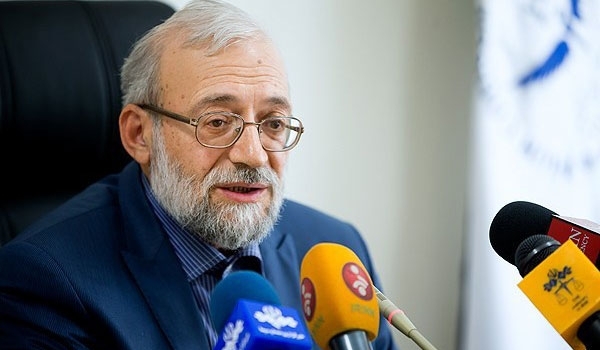
RNA - One of the major faults in the JCPOA is that Iran has for the first time agreed on a “no-go area” in the field of science, Mohammad Javad Larijani, director of the Iranian Institute for Research in Fundamental Sciences told Tasnim.
Denouncing the nuclear agreement for forbidding Iran from pursuing plans on heavy water and uranium enrichment, Larijani said the enemies, surprised by Iran’s scientific growth, decided to slow down and hamper Iran’s scientific advances.
According to the teachings of late founder of the Islamic Republic Imam Khomeini (AS), there is no forbidden zone when it comes to science and technology, he added, stressing that the country’s science policy should comply with Islamic rationality.
Larijani further warned against the “unending” foreign demands for limitations on Iran’s scientific move following the restraint that the JCPOA imposed on the country’s uranium enrichment activities, saying the next schemes will probably seek to cap the range of Iranian missiles, limit the power of laser equipment, or put a limit on the capabilities of supercomputers in Iran.
In comments in October 2016, Leader of the Islamic Revolution Ayatollah Seyed Ali Khamenei cautioned against hostile schemes to hinder Iran’s scientific progress, and urged efforts to raise the country’s scientific rating instead of only attempting to prevent it from falling.
Imam Khamenei had also voiced concern about reports of slowdown in the country’s research projects in the aerospace field, satellite industry, nuclear sciences or other major fields, making it clear that such significant programs should by no means be slowed, suspended or stopped because that would “cause scientific damage and dishearten young scientists.”
The Leader has on various occasion highlighted the role of science as a means of power and development, calling for efforts to maintain the pace of scientific growth in Iran despite enemy efforts to undermine it.
847/940